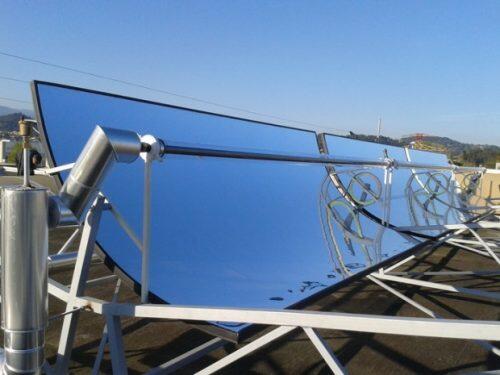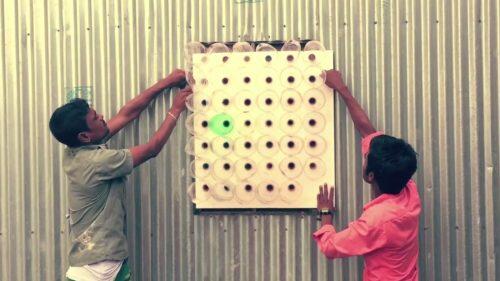Who doesn’t enjoy the air conditioner’s cool breeze in this hot weather?? While the temperatures are on fire in many parts of the world, people mostly choose to have the alternative way of a cooler weather; the artificial one. True, one of the air conditioner’s best benefits is that it spares us the heat, but at the same time, it has harms both, our health and the environment in numerous ways.
Health Impact
Here are a number of ways the air-conditioner affects our health:
1- Eye Inflammation
It produces swelling, redness, heat, and destroys tissues as certain white blood cells rush to the affected part of the body to contain or eliminate the insult.
2- Nasal Irritation
3- Throat Irritation
Simple treatments that you can buy can ease symptoms of a sore throat.
4- Lung Inflammation
The consequences of lung inflammation depend on the cause of the inflammation.
Environmental Impact
Increased use of air conditioning leads to increased greenhouse gas emissions, which in turn higher temperatures through climate change.
Experimenting…
CBC mentioned that “Scientists have been experimenting with solar power for years — it doesn’t eliminate the use of refrigerants, but it does use an energy source that is environmentally friendly”, adding that “Marie Nghiem is part of a team of engineers that created a solar-powered heating and cooling system for a building in Mandelieu, in the south of France. The goal of the project was to reduce emissions, as well as the energy bill, for buildings where it’s installed”.
Marie Nghiem’s zero-emission system relies on solar power. It works best in full sunlight, and switches to a biomass system when there is cloud cover or rain. (Helioclim)
The website continued that “the system uses large, curved glass panels to capture solar energy. That energy is then run through their specially designed system and used for cooling or heating”.
Nghiem said it has the ability to reduce a building’s energy bill by 80 per cent.
The project is promising, but currently, it has a few downsides. It only works when in full sun — it switches to a biomass system when it’s cloudy or raining.
Another downside is the expense — it costs from 100,000 to 500,000 euros to install, making it viable for industrial buildings only. Until the cost can come down, it’s unlikely you’ll see solar-powered air conditioning units in every window.
On the other hand, Tyler Hermanson, a Leadership in Energy and Environmental Design designated home designer in Calgary, mentioned that “There’s not a system I know of commonly available that would have no refrigerant in it at all.” LEED is a designation given to energy efficient and sustainable buildings.
He said the cheaper the system, the more likely it is that it uses lower-grade, higher-risk refrigerants (although ozone-depleting refrigerants were banned in the ’80s).
Stand-alone window systems are the hardest on the environment, said Hermanson. “Those ones can be really bad both in terms of energy consumption and also in terms of the refrigerants they use,” he said. “They’re going to have all sorts of nasty stuff in them.”
Chemical companies are constantly designing refrigerants to lessen their environmental harm.
“They’re hoping they’re going to find this magic chemical combination that will work, but at the present time, the refrigerants we’re using are decent, but they’re not the best they could be,” said Robert Carder, a heating, refrigeration and air conditioning professor at Conestoga College in Kitchener, Ont.
DIY Eco-Friendly air conditioning
In order to accomplish Eco-friendly air conditioning, follow the following steps:
- Plastic bottles are cut in half and then mounted into a grid through bottleneck-sized holes
- This grid can then be placed over a window, with the narrower top end of the bottle facing inwards to the hous
- . As wind blows through the bottles, cool air is funneled into the hut.
It is possible for this technique to decrease the temperature in the house by up to 5°C – although this figure varies widely based on outdoor conditions.
What do you think about this idea? Tell us more on our Facebook page greenarea.info

















